With the Election Commission announcing the much-awaited polling dates on Wednesday, the general election season is well and truly underway.
Here are five reasons why the 2014 election is unique:
1. For the first time in parliamentary polls, a system of paper trail for electronic voting will be introduced in some constituencies on a trial basis.
It means votes will be recorded on EVMs but a paper slip will also be generated for each cast poll. For instance, if we had the same number of total electors today as in the 2009 general elections, a total of 71,69,85,101 paper slips would be generated. India had completely stopped using paper ballots since the 2004 elections.
The slips will be collected in a separate and sealed box attached to the EVMs. A voter can glimpse his slip for six to seven seconds before it is automatically captured in the sealed box.
The slip will reassure the voter about the contestant or party for which he has voted. Also, the contestants can later have the option of manually counting how many people voted for them, ending a controversy generated during closely fought elections.
Click on NEXT to go further
5 reasons why 2014 polls will be different
2. The EC has issued guidelines to political parties asking them to explain the rationale of financing the promises they make in their election manifestos.
The Election Commission has asked parties not to make such promises that disturb the level-playing field and vitiate the atmosphere or exert undue influence on voters.
The Supreme Court had noted in its July 5, 2013 verdict that though promises in election manifesto cannot be construed as a corrupt practice as per law, the distribution of freebies of any kind "influences" all people.
While issuing the guidelines after incorporating views of political parties during their meeting with them on February 7, the poll body included them in the Model Code of Conduct.
Click on NEXT to go further...
5 reasons why 2014 polls will be different
3. An estimated 81.4 crore voters will be eligible to vote in the coming elections.
The country has added 9.7 crore voters since the 2009 Lok Sabha polls, which translates into a 13.5 per cent rise, but the state-wise rolls for 2014 finalised on January 31 show that Tamil Nadu, Haryana, Madhya Pradesh and West Bengal registered the highest growth of voters in percentage terms.
Beating the national average by a huge margin, the electorate in Tamil Nadu has swelled by 29.3 per cent, in Haryana by 28 per cent, in Madhya Pradesh by 25 per cent and in West Bengal by almost 19 per cent.
Interestingly, Tamil Nadu, Haryana and Madhya Pradesh had shown a decline in voters of around 11.9 per cent, 1.9 per cent and 0.7 per cent respectively between the 2004 and 2009 Lok Sabha polls. Voters in West Bengal grew between 2004 and 2009, though only by 9.6 per cent compared to 19 per cent between 2009 and 2014.
Click on NEXT to go further...
5 reasons why 2014 polls will be different
4. The central government has raised the election expenditure limit for both Parliamentary and assembly constituencies by around 60 per cent.
The spending limit for a parliamentary constituency in major states, now stands at Rs 40 lakh as against Rs 25 lakh earlier. The limit for assembly constituencies in the major states moves from Rs 10 lakh to Rs 16 lakh.
The upward revisions are understood to have been made on the recommendation of the Election Commission taking into consideration the demands of the political parties and inflation of costs since 2007 when the last changes were made. These will be the new enhanced limits to be observed in all four states going to the polls this April-May: Assam, Kerala, Tamil Nadu and West Bengal.
Poll expense limits are not uniform across the country and vary according to the size, demographics and other factors of the smaller States and Union Territories.
Click on NEXT to go further...
5 reasons why 2014 polls will be different
5. Another first in the Lok Sabha elections will be the introduction of "None of the Above" option in voting, which was put in vogue in the assembly elections a few months ago.
The EC has directed that while "None of the Above" will be printed in words in various local languages in different areas, the symbol itself would universally appear as 'NOTA' to maintain consistency.
Below the name of the last candidate on the Electronic Voting Machine, EC will now provide the NOTA option for electors who do not wish to vote for any of the candidates in the fray for a particular seat.
EC has already clarified that the candidate securing the highest number of votes would be declared elected even if the number of electors going for the NOTA option surpassed the votes polled by the contestants.

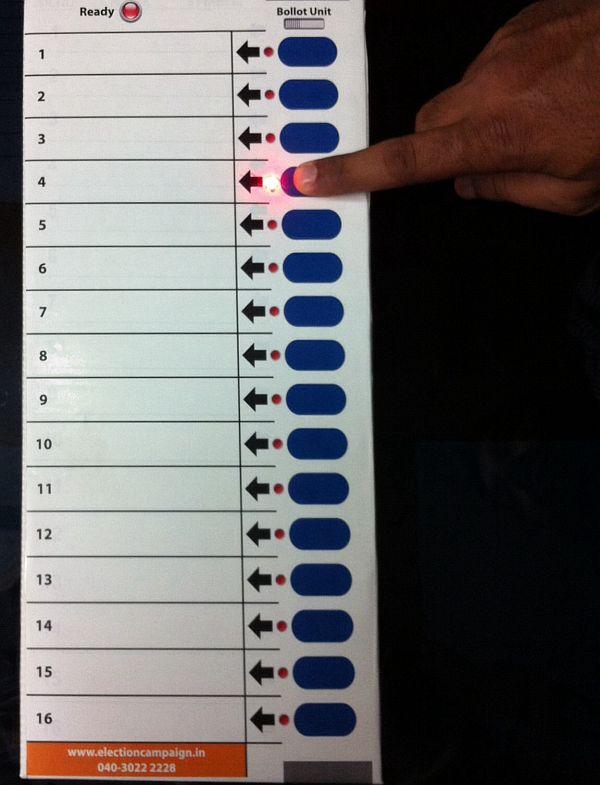
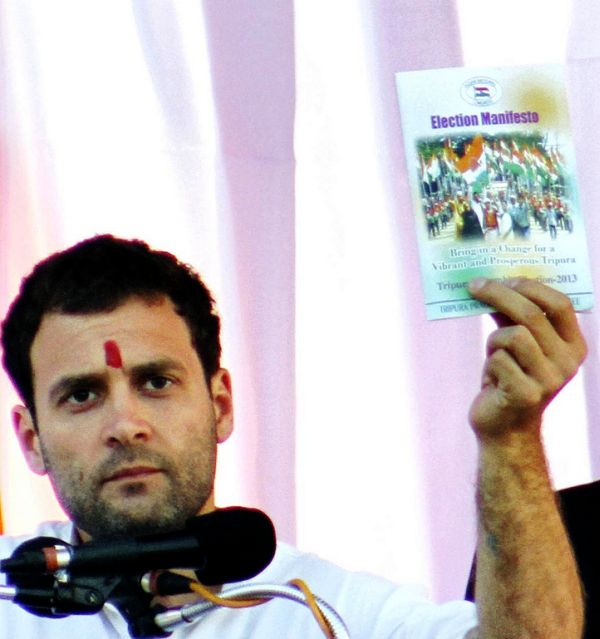
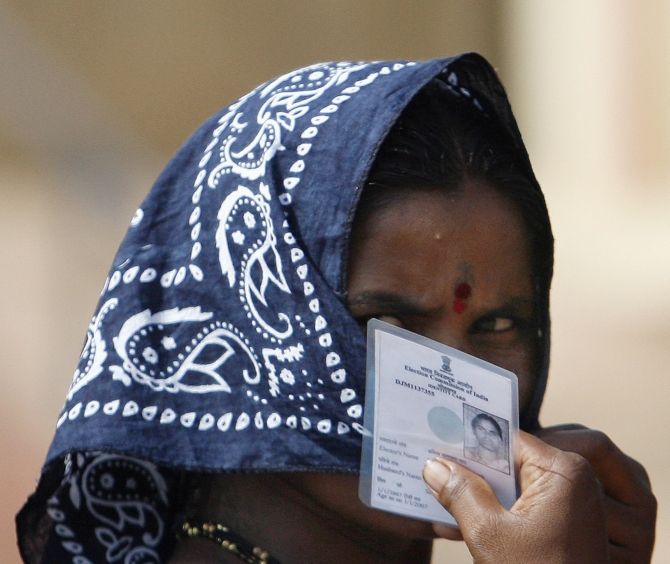
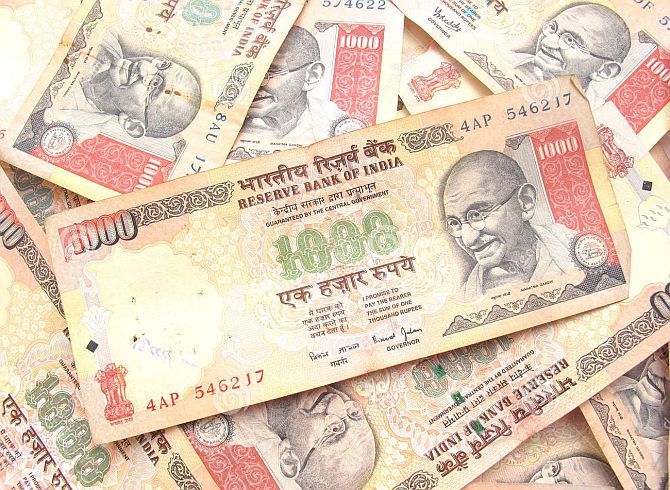
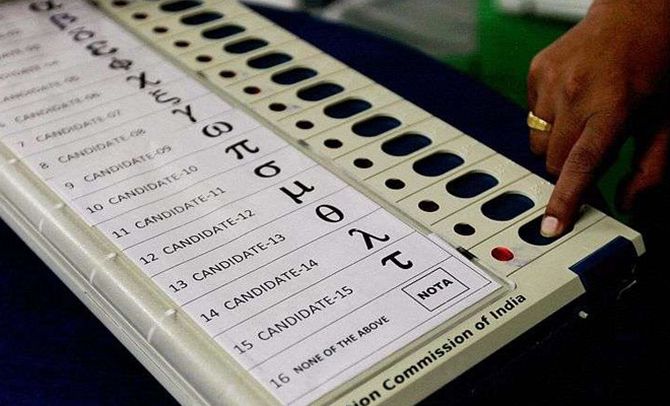
article